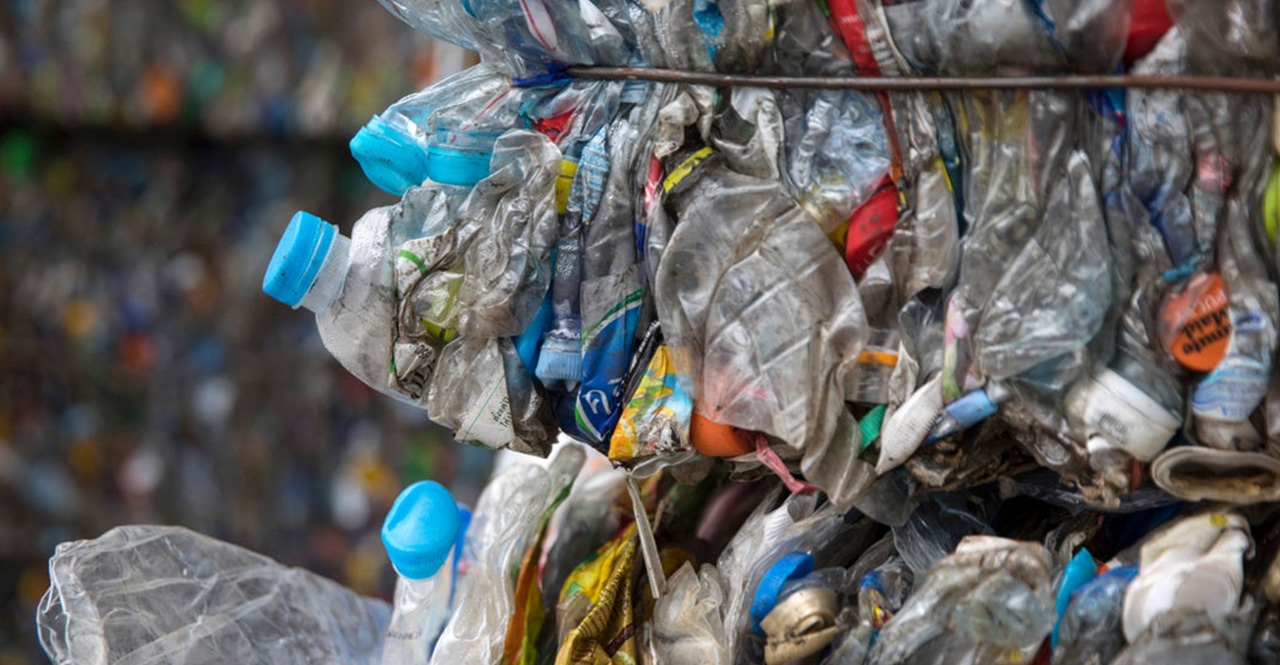Expert Advice on Reclaim Waste Liquid Waste Removal and Industrial Waste Water Treatment
Wiki Article
Discovering the Relevance of Reclaim Waste in Sustainable Waste Monitoring Efforts
In the world of lasting waste management, the principle of reclaiming waste emerges as an essential component that requires interest and factor to consider. By analyzing the detailed interplay between waste improvement and sustainable waste management efforts, we start to decipher a narrative that expands beyond standard waste disposal methods.Relevance of Reclaiming Waste
Why is redeeming waste important in lasting waste monitoring methods? Recovering waste plays a crucial role in sustainable waste management by lowering the quantity of waste sent out to landfills, saving natural resources, and minimizing ecological effect.Furthermore, reclaiming waste cultivates a round economic climate where materials are recycled and recycled continually, advertising a much more efficient and sustainable use resources. It likewise adds to the creation of green tasks and economic development in the recycling and waste management field. By including waste improvement practices right into waste management companies, areas and approaches can move in the direction of a more lasting future, where waste is viewed not as a problem but as a valuable resource.
Advantages for the Environment
In the realm of lasting waste management, the practice of reclaiming waste not just preserves natural deposits and lowers waste sent out to landfills however likewise produces considerable advantages for the environment. By reclaiming waste materials, such as steels, glass, plastics, and raw material, the ecological influence of source extraction and production is reduced (Industrial waste water treatment). This results in lowered power intake, reduced greenhouse gas emissions, and lower levels of air and water pollution connected with drawing out basic materialsMoreover, redeeming waste aids in the preservation of biodiversity and all-natural environments. It lowers the demand for land fill room, therefore decreasing land deterioration and environment damage. In addition, the procedure of reclaiming waste frequently involves recycling and repurposing materials, which consequently decreases the demand for brand-new items and the associated power and sources required for their manufacturing.
Contribution to Circular Economy
Playing a pivotal role in fostering sustainability and resource efficiency, redeeming waste makes a significant contribution to the round economic climate. By reintroducing discarded materials back right into the production cycle, reclaiming waste lessens the requirement for virgin resources, thereby reducing the total ecological impact of source removal and usage. This process straightens with the principles of the circular economic situation, which stresses taking full advantage of the value and energy of sources through closed-loop systems.Furthermore, reclaiming waste promotes technology and encourages the growth of new technologies and procedures for recycling and upcycling products. This not only lowers waste sent to land fills however also produces new financial opportunities by producing secondary basic materials for manufacturing markets. Consequently, reclaiming waste helps to develop an extra resistant and lasting economic climate that is less based on scarce resources and susceptible to disturbances in the supply chain. Eventually, by integrating waste recovery practices into waste monitoring initiatives, organizations and communities can actively add to building an extra circular and regenerative economic situation.
Minimizing Garbage Dump Waste

Education and recognition campaigns on appropriate waste disposal and the value of minimizing, reusing, and recycling can likewise play a crucial function in lowering garbage dump waste. By focusing on the decrease of land fill waste, sustainable waste administration techniques can be enhanced, leading to a much healthier environment and economic climate.

Future Ramifications
Taking into consideration the fast advancements in innovation and evolving ecological difficulties, the future ramifications of sustainable waste monitoring are poised to revolutionize existing methods. The fostering of ingenious technologies such as expert system, Net of Points (IoT), and blockchain Liquid waste removal can significantly enhance waste tracking, arranging, and recycling procedures. These advancements allow real-time tracking of waste streams, identification of recyclable products, and improved efficiency in source allocation.Additionally, the shift in the direction of a circular economic climate design, where resources are recycled, reused, or upcycled, will become significantly common. This shift not just lowers the reliance on virgin products yet also minimizes waste generation, resulting in an extra sustainable and environmentally friendly waste monitoring technique.
In addition, the integration of lasting waste administration techniques right into more comprehensive sustainability agendas is expected to get grip. Industrial waste water treatment. Organizations and governments worldwide are recognizing the significance of waste reduction and recycling in combating environment modification and advertising a circular economic situation. As a result, policies and policies supporting lasting waste monitoring campaigns are most likely to become much more strict, driving industries towards more eco-friendly techniques
Final Thought
In final thought, the importance of redeeming waste in sustainable waste monitoring initiatives can not be overemphasized. By reclaiming waste, we can minimize environmental effect, add to a circular economic climate, and decrease garbage dump waste.By checking out the intricate interplay in between waste reclamation and sustainable waste administration campaigns, we begin to unravel a narrative that expands beyond standard waste disposal approaches. Redeeming waste plays a crucial function in sustainable waste monitoring by reducing the quantity of waste sent to garbage dumps, conserving natural sources, and lessening environmental influence. By including waste reclamation practices into waste monitoring communities, methods and companies can move in the direction of a more lasting future, where waste is seen not as a worry yet as a valuable source.

Report this wiki page